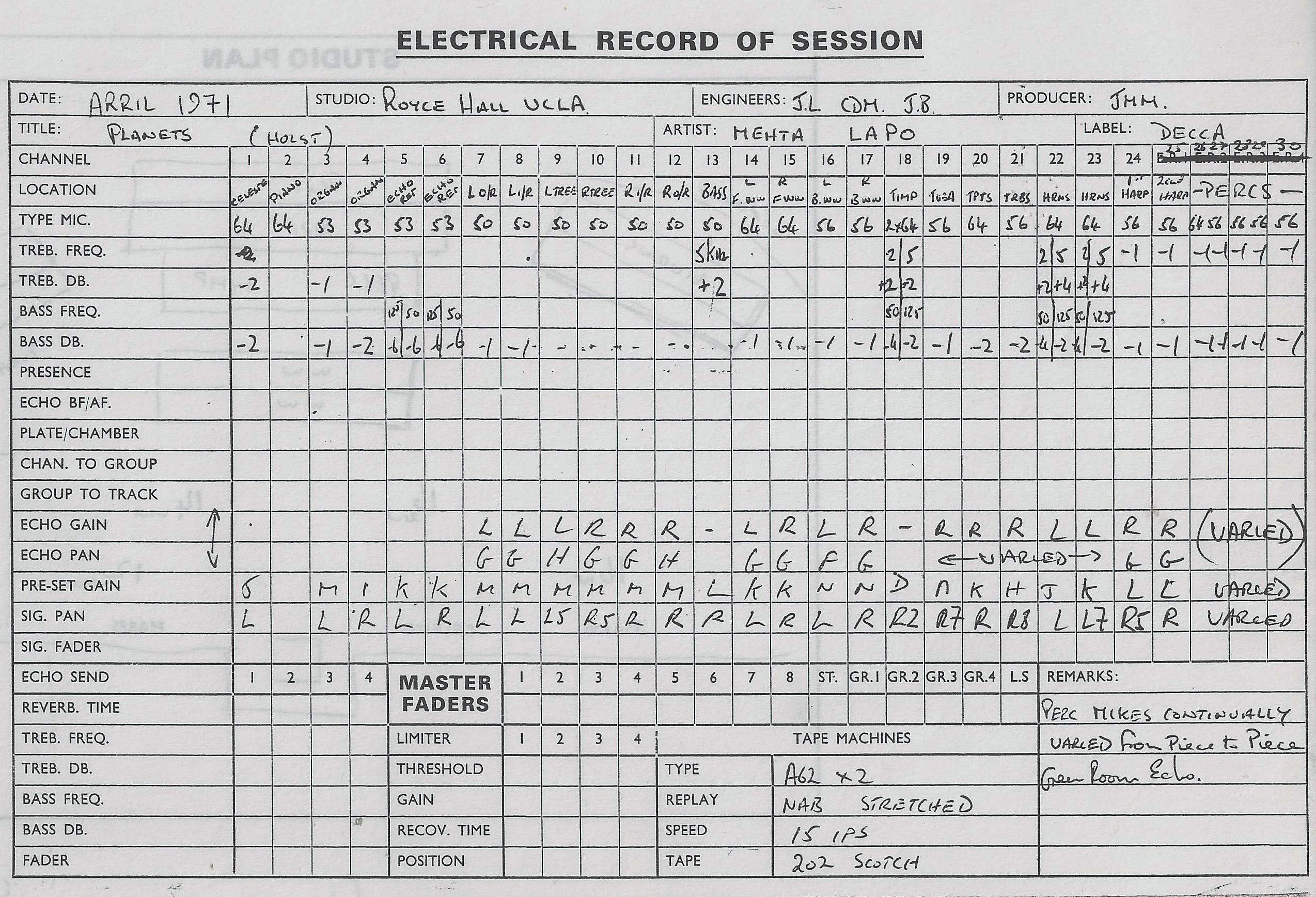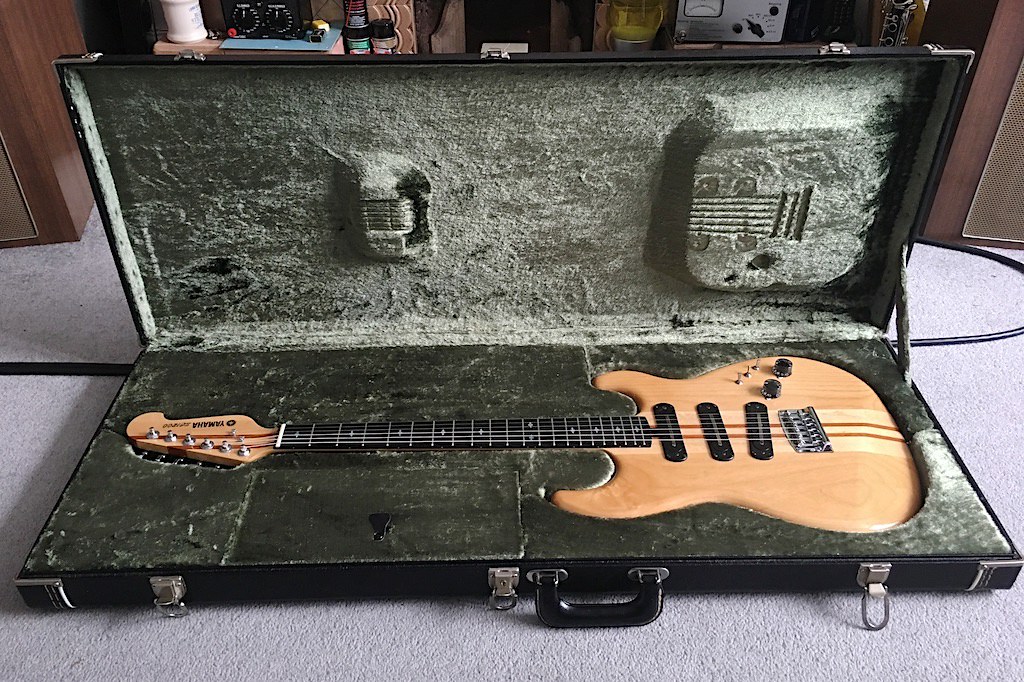You don't need an extra stage to invert the signal if your input stage is differential to start with. Allen Wright worked out a neat way to eliminate any extra switching as well with his differential Realtime Preamplifier - double up the choices on your source selector switch to include a choice of polarities for each source.
Indeed. I took the simplistic view thinking that the vast majority on here wouldn't be using a differential amplifier. I heard a few of Allen's designs over the years, including at a few Hi-Fi Shows. Let's just say the sound wasn't for me.



